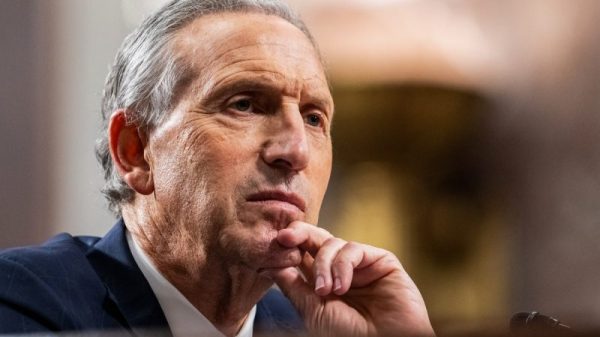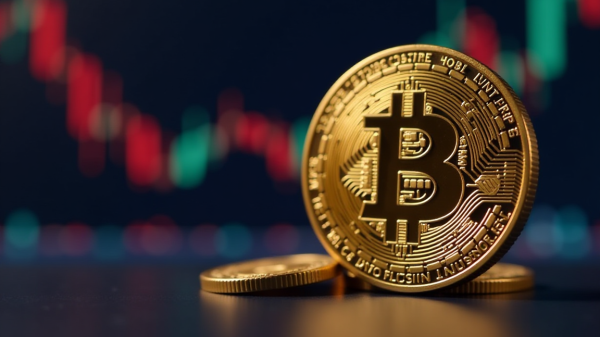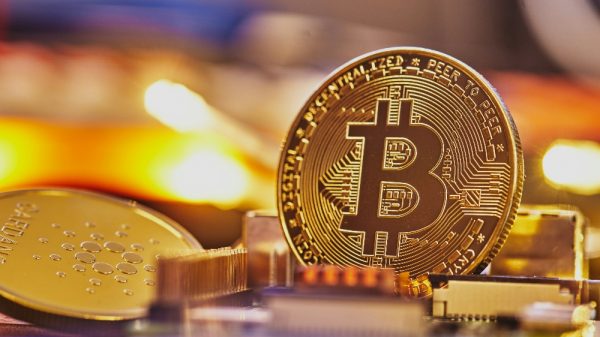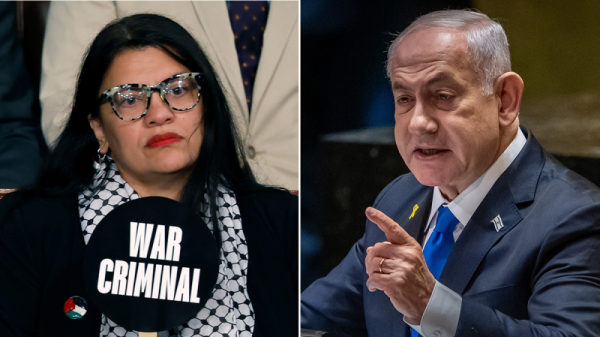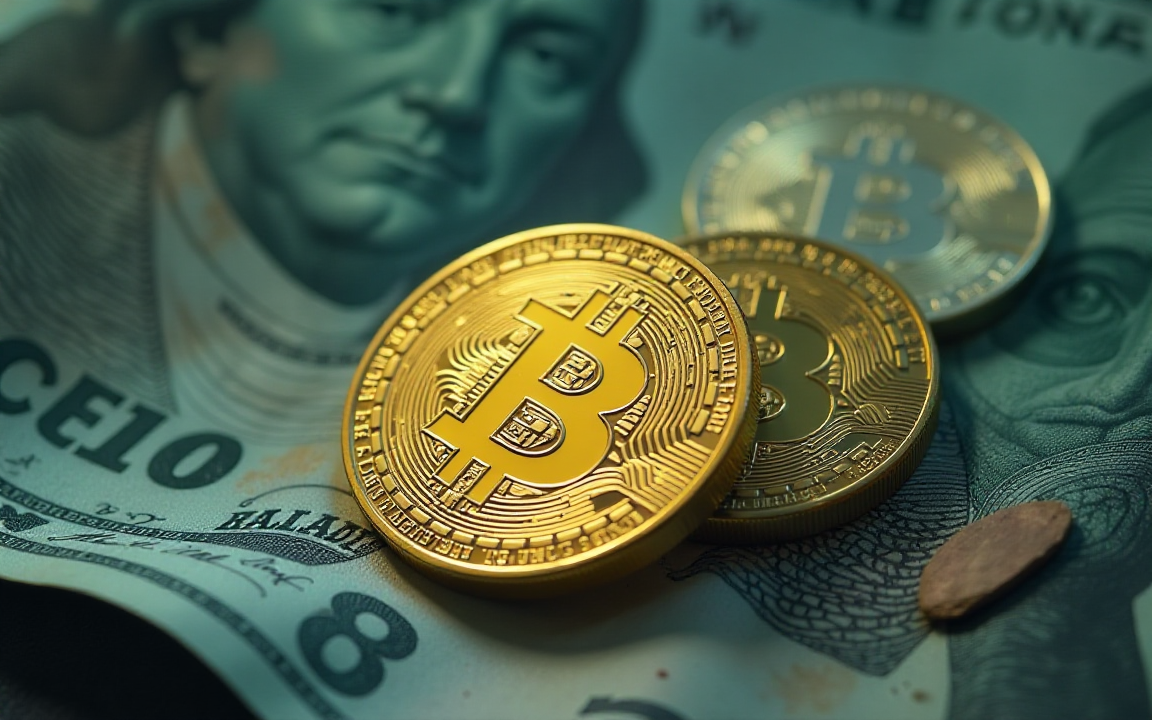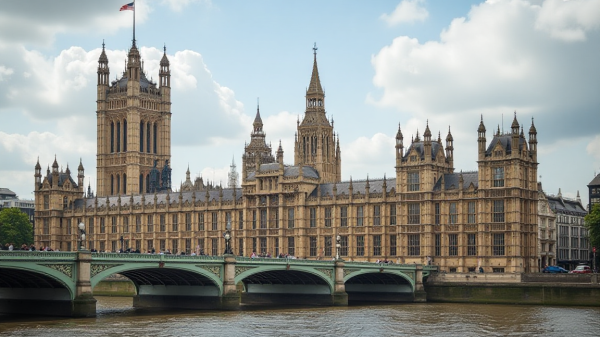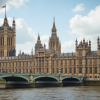Brazil is on track to become the first G20 country to legalise the use of Bitcoin as part of its sovereign reserves, potentially committing up to 5% of its $370 billion in international holdings—equivalent to $18.5 billion—into the digital asset.
A legislative proposal, Bill PL 4501/2024, has already cleared its first hurdle in the Chamber of Deputies.
If approved into law, the bill could redefine how global financial systems treat crypto assets, establishing a structured precedent for Bitcoin to be held alongside gold and foreign currencies in national reserves.
Bitcoin legislation advances in Brazilian Congress
The proposed bill, titled the Strategic Sovereign Bitcoin Reserve (RESBit), would authorise Brazil’s Ministry of Finance and Central Bank to purchase and hold Bitcoin as part of the country’s official international reserves.
The bill highlights Bitcoin’s potential to act as a strategic hedge against macroeconomic volatility and to help diversify reserve portfolios traditionally reliant on fiat currencies and sovereign bonds.
According to the draft text, the RESBit aims to integrate blockchain-based digital assets into state policy while mitigating risks associated with global financial instability.
The bill’s advancement through its first committee represents the first time a top-tier economy has taken formal legislative steps to include Bitcoin in its state reserves.
Up to 5% of $370B reserves may be held in BTC
Under the current framework, the Central Bank would be empowered to hold as much as 5% of Brazil’s $370 billion in foreign reserves in Bitcoin, a move that would inject billions into the digital currency market.
This would amount to a potential $18.5 billion investment in BTC, signalling a sharp pivot in how central banks might view digital assets, not merely as speculative tools but as long-term reserve instruments.
The bill has attracted significant attention on social media, with industry observers pointing out the significance of such a move by a G20 economy.
On 5 June, user pete_rizzo_ noted that “Latin America’s largest economy wants BTC”, underscoring the broader implications of such a development.
BREAKING: BRAZIL’S STRATEGIC #BITCOIN RESERVE BILL PASSES 1ST COMMITTEE WITH APPROVAL RECOMMENDATION
LATIN AMERICA’S LARGEST ECONOMY WANTS BTC. THIS IS HUGE 🔥
Meanwhile, user shanaka86 referred to the proposal as “Sovereign Bitcoin Phase 2,” distinguishing it from earlier Bitcoin integrations by smaller economies and pointing toward a new phase of adoption by major financial players.
🚨BREAKING: BRAZIL FORMALIZES BITCOIN AS A SOVEREIGN RESERVE 🚨
El Salvador bought BTC.
Brazil is legislating it.
This is a historic shift.
🧵Let’s break down why 🇧🇷’s Bitcoin Reserve Bill is 10x more significant than people realize:
#Bitcoin #BTC #Brazil #SovereignAdoption 👇
Global financial institutions monitor the shift
If passed into law, Brazil’s RESBit could influence other central banks to explore crypto allocations in their own sovereign wealth funds.
Financial institutions and policymakers in other G20 nations are watching the situation closely, recognising that a move of this scale by Brazil could set the tone for broader adoption.
This would mark the first time a nation of Brazil’s size and influence openly treats Bitcoin as a reserve-grade asset.
Brazil’s approach may also serve as a stress test for integrating crypto into regulated financial infrastructure.
By adopting Bitcoin through legislative means and involving the Ministry of Finance and Central Bank, the initiative ensures alignment with macroeconomic policy and financial regulations.
Such a move could legitimise Bitcoin in global monetary policy circles and potentially soften regulatory resistance in other regions.
The post Brazil may allocate $18.5B into Bitcoin as G20 digital asset shift accelerates appeared first on Invezz


